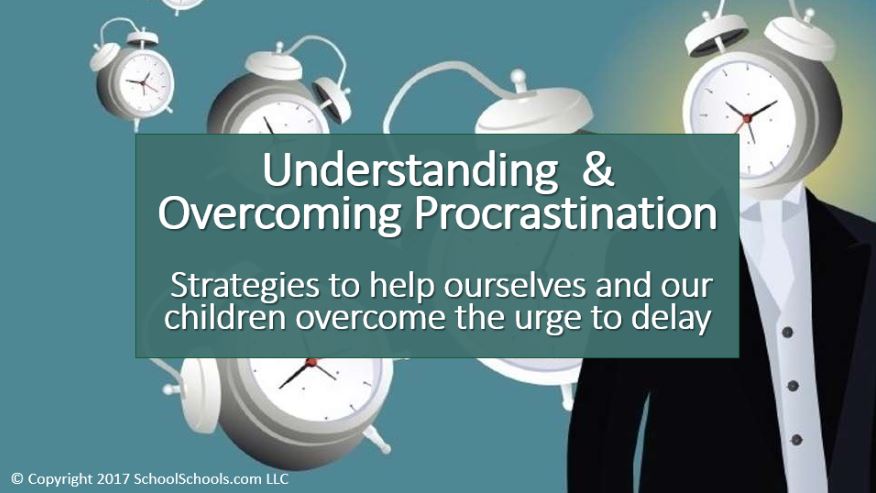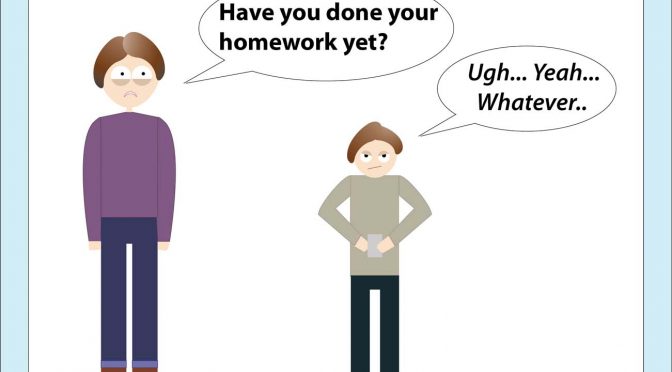 Tap, tap, text, text, click, click… Are cell phones taking students from merely distracted to dum, dummer, dummest?
Tap, tap, text, text, click, click… Are cell phones taking students from merely distracted to dum, dummer, dummest?
I suppose it depends on what “dumb” is. If dumb means instant access to vast sources of information that don’t require memory recall to access, that’s hardly stupid. And if dumb means webs of instant connections for help, sharing, and getting things done, that ain’t so dumb, either.
BUT… dumb is as dumb does, so if these marvelous little devices are getting in the way of student productive academic outcomes, then we’ve got a problem. Continue reading


 Is math just for math people? Are you just not wired for math? Well, you and your math-struggling student can celebrate Pi day, too!
Is math just for math people? Are you just not wired for math? Well, you and your math-struggling student can celebrate Pi day, too!


 We hear it all the time. Students say, “I get it when my teacher shows it to me, but I can’t do it on the test.” Then parents tell us that their child “doesn’t test well.”
We hear it all the time. Students say, “I get it when my teacher shows it to me, but I can’t do it on the test.” Then parents tell us that their child “doesn’t test well.”
 Parents of a student who has been diagnosed with “Attention Deficit,” commonly known as “ADD” and “ADHD,” get a reminder every hour of every day that by, “attention deficit,” ADD is more than some inability to focus.
Parents of a student who has been diagnosed with “Attention Deficit,” commonly known as “ADD” and “ADHD,” get a reminder every hour of every day that by, “attention deficit,” ADD is more than some inability to focus.
 Parents and teachers think that if only students would connect their short term decisions to long term goals, such as college and jobs, they would quit procrastinating and do their homework.
Parents and teachers think that if only students would connect their short term decisions to long term goals, such as college and jobs, they would quit procrastinating and do their homework.


 Seemed like a good idea at the time…
Seemed like a good idea at the time…
 A student’s mom is upset about her grades and that she’s not doing her homework. But the student thinks her mom is being too pushy. Like high school teens & parents everywhere, they’re both a little right — and also a little wrong.
A student’s mom is upset about her grades and that she’s not doing her homework. But the student thinks her mom is being too pushy. Like high school teens & parents everywhere, they’re both a little right — and also a little wrong.
 Megan Rocks! Megan and Michael discuss how the A+ Club helps students, parents and teachers.
Megan Rocks! Megan and Michael discuss how the A+ Club helps students, parents and teachers.